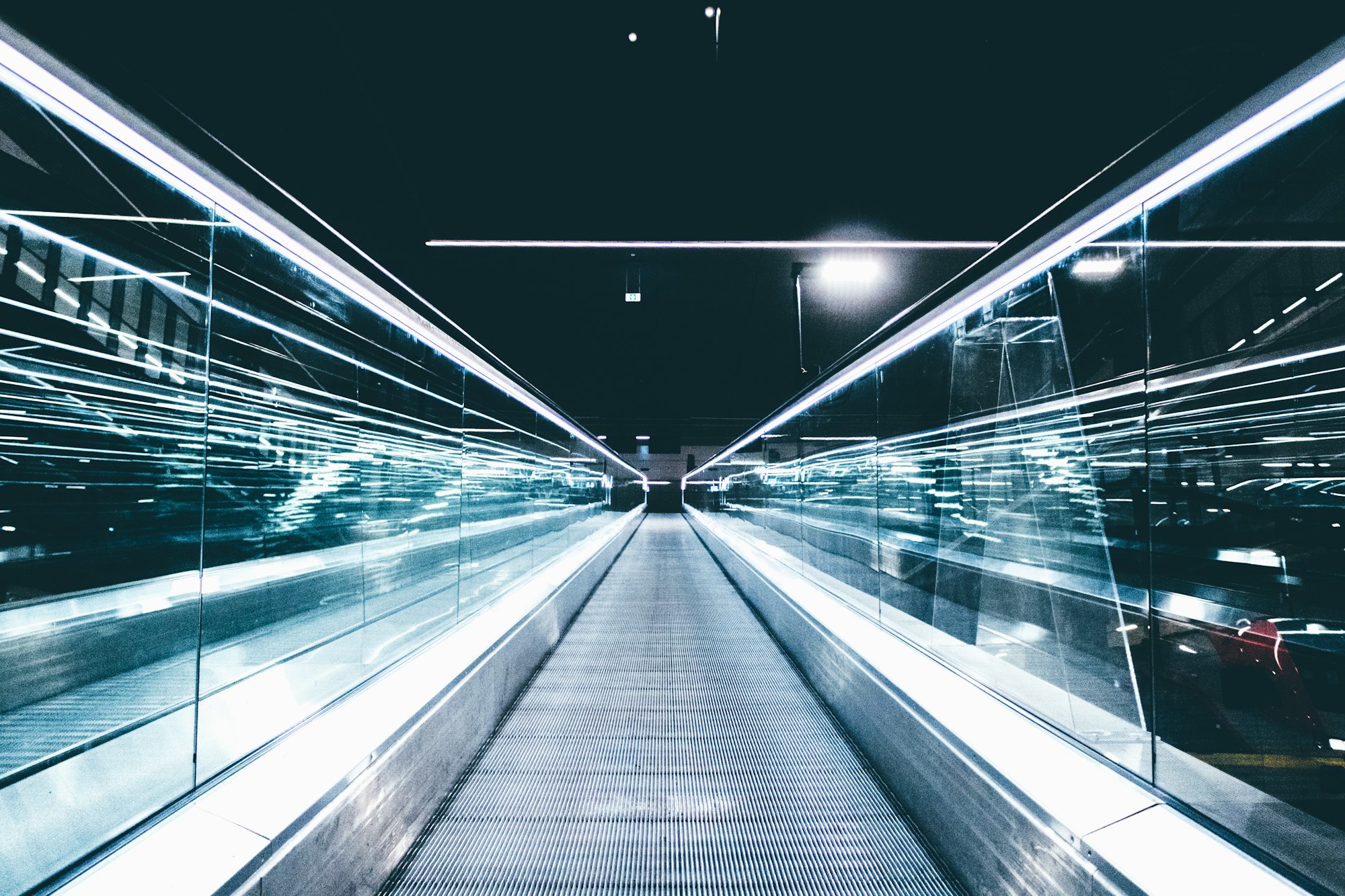Elon Musk goes Back to the Future

Elon Musk did a fireside chat (why is the fire always missing from these fireside chats?) with Steve Jurvitson of DFJ at Stanford this morning to celebrate an event called FutureFest. In the movie Back to the Future, Marty McFly went 30 years into the future to October 2015. Now that we're 30 years into that future, how does it compare to how people thought it would look? Steve also grilled Elon on what he thought the world would look like 30 years from now (except he made it 20 years to account for the increasing speed of change).
Since there was a long queue of Stanford students waiting outside to hear Elon who weren't able to get in due to space restrictions, I captured the talk on my phone. The audio's pretty poor, but if you wear headphones you can make their conversation out reasonably well.
Here's the video. And below that are some of the things Elon covered, which include:
- How we could re-imagine self governance on Mars, including ways to improve democracy (moving from a representative democracy to a direct democracy where everyone participates now that technolgoy enables that to happen; was impossible 200 years ago when everyone had to send letters to each other to communicate across vast distances.)
- Why AI is a big deal, including how it's accelerating, as evidenced by Elon's timeframe for self-driving cars being technologically possible moving from 10 years into the future two years ago, to five years out last year, to three years out now.
- How Elon thinks about 'the headline' when imagining change, and then dials back to a set of prioritized actions he has to achieve to get there.
And lots more. As someone who's been betting on Elon for many years and knows about content like the WaitButWhy Tesla and SpaceX posts, the majority of what he talked about was known to me, but it was interesting to hear more detail on how Elon's approaching the success of Tesla and SpaceX (for example, he and the SpaceX team are spending 30 minutes per week thinking about how to transport a high volume of people to Mars).
The most interesting thing to me about predicting the future is how it always seems to look like the present with a futuristic element. It's like we have a really, really hard time getting the present out of our heads enough to really envision the future. For example, here's a painting from the early 1900s World Fair where an artist envisioned a self-cleaning robot. It looks nothing like a Roomba, because the artist couldn't conceptualize anything other than his or her present, but just doing futuristic things. Predicting the future is a tricky business; I'll be super interested to see how the things Elon said today come to pass.